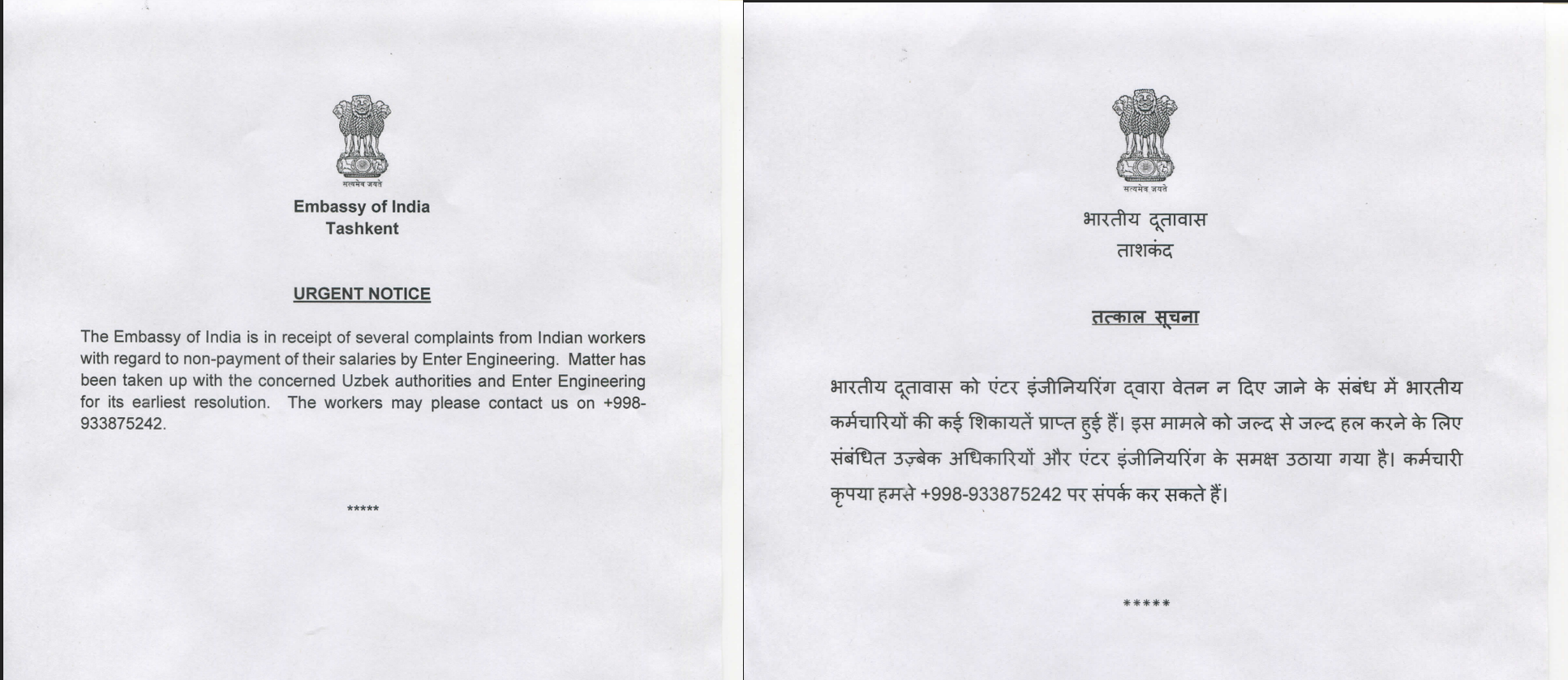Dear distinguished friends, Mr. Shukhratullah Rizayev, Ms. Neila Kapoor, Mr. Umesh Mehra, dear Indologists, friends from the media, Ambassador of South Korea Mr. Won Doyeon and other members of the diplomatic community and Embassy officials.
It is a proud moment indeed for us to commemorate the 100th birth anniversary of late Shri Raj Kapoor in Tashkent in cooperation with National Cinematography Agency in Uzbekistan, a country which Shri Raj Kapoor adored, admired and visited very often. His charming presence at Tashkent Film Festival enthralled audience and captivated their hearts. He sang and danced with his dear Uzbeki friends and celebrated life and friendship
HindistonvaO’zbekistondo’stonaaloqalariqadirli. Raj Kapoor instinctively knew that. Who would not remember the friendship of BobomurodHamdamov and Raj Kapoor. He in one of his interviews during his visit to Tashkent said something that captures the essence of what he felt for people of Uzbekistan. And I quote him, he said that he was grateful for the affection that he received from his friends in Uzbekistan and this affection inspired him to make more films to further strengthen India Uzbekistan Dostana. Such golden words and such priceless vision! Today as our two countries have forged a Strategic Partnership and are establishing cooperation in every area, we must also recognize the role of stalwarts like Raj Kapoor, whose contribution to this everlasting friendship has been immense. No wonder my Prime Minister in his recent meeting with the family of Raj Kapoor had urged that Central Asia be given special focus when it comes to films and Raj Kapoor’s legacy. I would request Mrs. Neila Kapoor, Mrs. Kanchan Desai and Mr. Umesh Mehra to kindly continue to focus in Uzbekistan in line with our Prime Minister’s direction.
Also, can’t thank enough Director of Cinematography Agency Mr. Shukhratullah, his team and to Indian delegation for visiting Tashkent. I also thank our Ministry of Information and Broadcasting for their generous support in organizing this event. I am thankful to my Indologist friends for the work they have carried out since several decades on Shri Raj Kapoor.
The year ends on high note as we commemorate Raj Kapoor’s legacy in Uzbekistan – we look forward to having more such events connecting people on two sides.
As we approach new year let me convey my best wishes to all of you. Hammangizgayangiyilmuborakbo’lsin.






